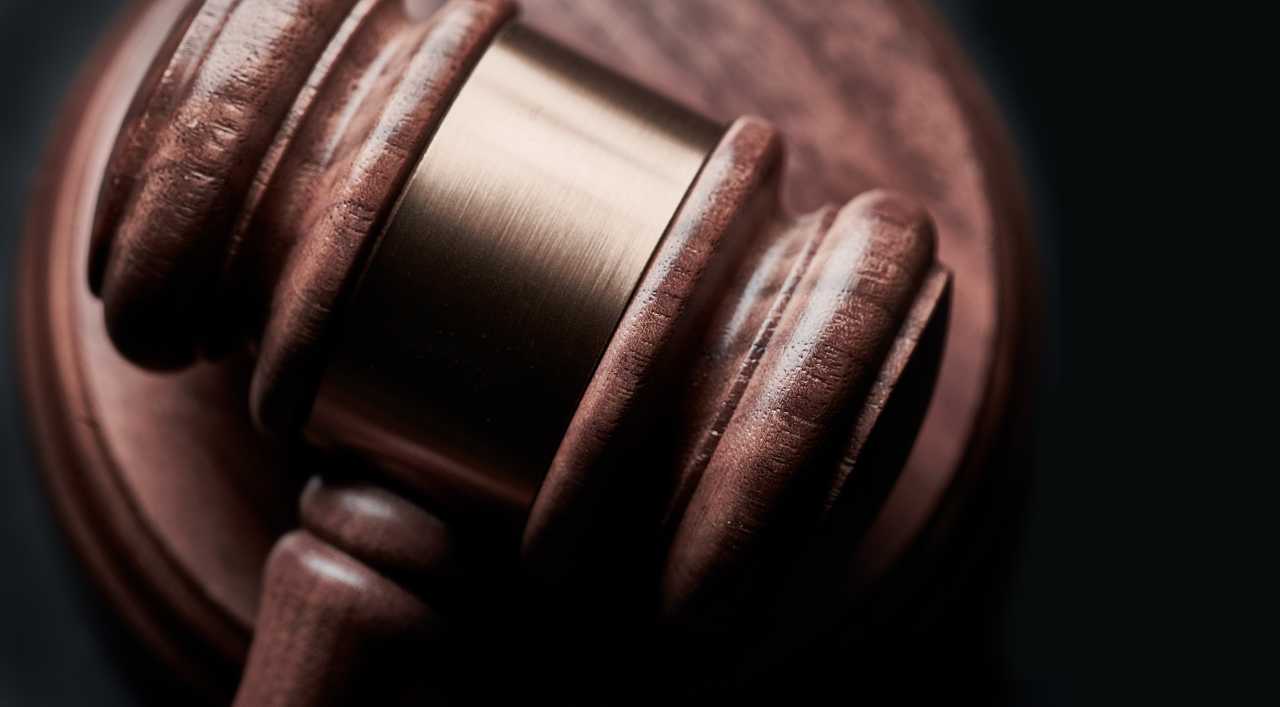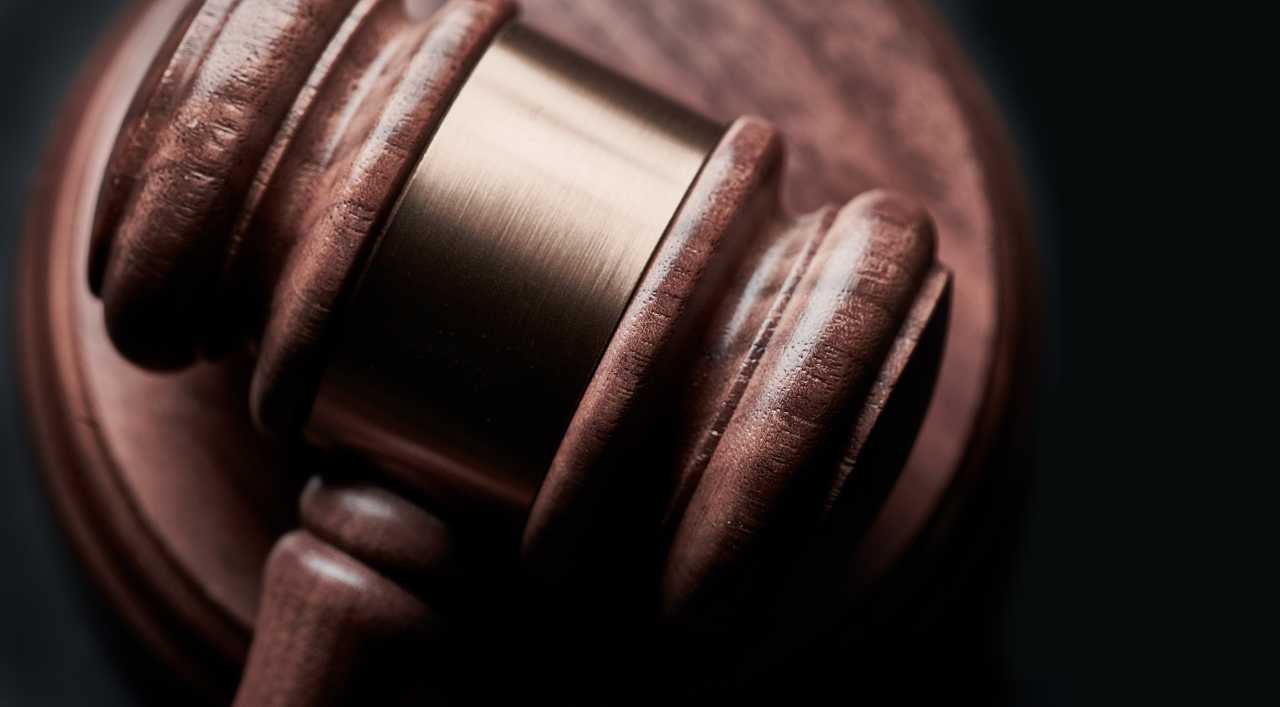On November 5, 2020, the Federal Trade Commission’s announced that a federal court in Ohio has issued a temporary restraining order against 25 alleged counterfeit websites that purportedly have been taking advantage of consumers’ COVID-19 pandemic fears to “trick” them into paying for Clorox and Lysol products that the defendants never deliver.
According to the FTC’s complaint, since at least July 2020 – during the COVID-19 pandemic – the defendants’ alleged counterfeit websites have been aimed at consumers urgently seeking cleaning and disinfecting products, and designed to look like genuine sellers offering Clorox and Lysol products.
The FTC complaint alleges that none of the defendants’ websites are owned by, affiliated with, or authorized by the companies that make Clorox and Lysol, and that none of the consumers who paid for cleaning and disinfecting products ever received what they ordered online.
“The FTC is working hard to stop fraudsters who try to scam people with false promises of scarce cleaning supplies during the pandemic,” said Bureau of Consumer Protection Director Andrew Smith. “If a seller seems to have items that are out of stock everywhere else, do an online search for complaints about the seller or website before you buy.”
According to FTC attorneys, the agency believes the defendants illegally charged consumers thousands of dollars for Clorox and Lysol products that they never delivered. In some cases, the FTC states, consumers reported that when they tried to return to the fake website to seek a refund, it was gone in a matter of days or weeks, while the defendants moved on to set up a new website with a different URL.
According to the FTC, in some cases where consumers have sought chargebacks from their credit card companies, they have found that the defendants used falsified shipment information to make it harder for consumers to get the charges reversed. In other cases, they shipped worthless products that consumers did not order—like a pair of socks—or used other deceptive tactics to thwart the chargeback process, the FTC alleges.
The websites named in the FTC’s complaint are: 1) cleanyos.com, 2) arlysol.com, 3) broclea.com, 4) cadclea.com, 5) cleancate.com, 6) cleankler.com, 7) cleanula.com, 8) clean-sale.com, 9) clean-sell.com, 10) clorox-sale.com, 11) clorox-sales.com, 12) cloroxstore.com, 13) crlysol.com, 14) elysol.com, 15) littletoke.com, 16) lybclean.com, 17) lysoiclean.com, 18) lysol-clean.com, 19) lysol-cleaners.com, 20) lysol-free.com, 21) lysolsales.com, 22) lysolservicebest.com, 23) lysol-sell.com, 24) lysol-wipe.com, and 25) thaclean.com.
In filing the complaint, the FTC is seeking an order permanently banning the defendants from their allegedly illegal conduct, as well as the disgorgement of money they collected through the purported scheme.
This matter should be of interests to digital marketers. Contact an experienced FTC defense lawyer if you are interested in discussing theories related to potential limits upon the FTC’s enforcement authority, if you are the subject of an FTC investigation (CID) or have been named in an enforcement action.
Richard B. Newman is a partner at Hinch Newman LLP and one of the leading FTC defense attorneys in the performance marketing industry. Follow him on Twitter @ FTC defense attorney.
Informational purposes only. Not legal advice. May be considered attorney advertising.





